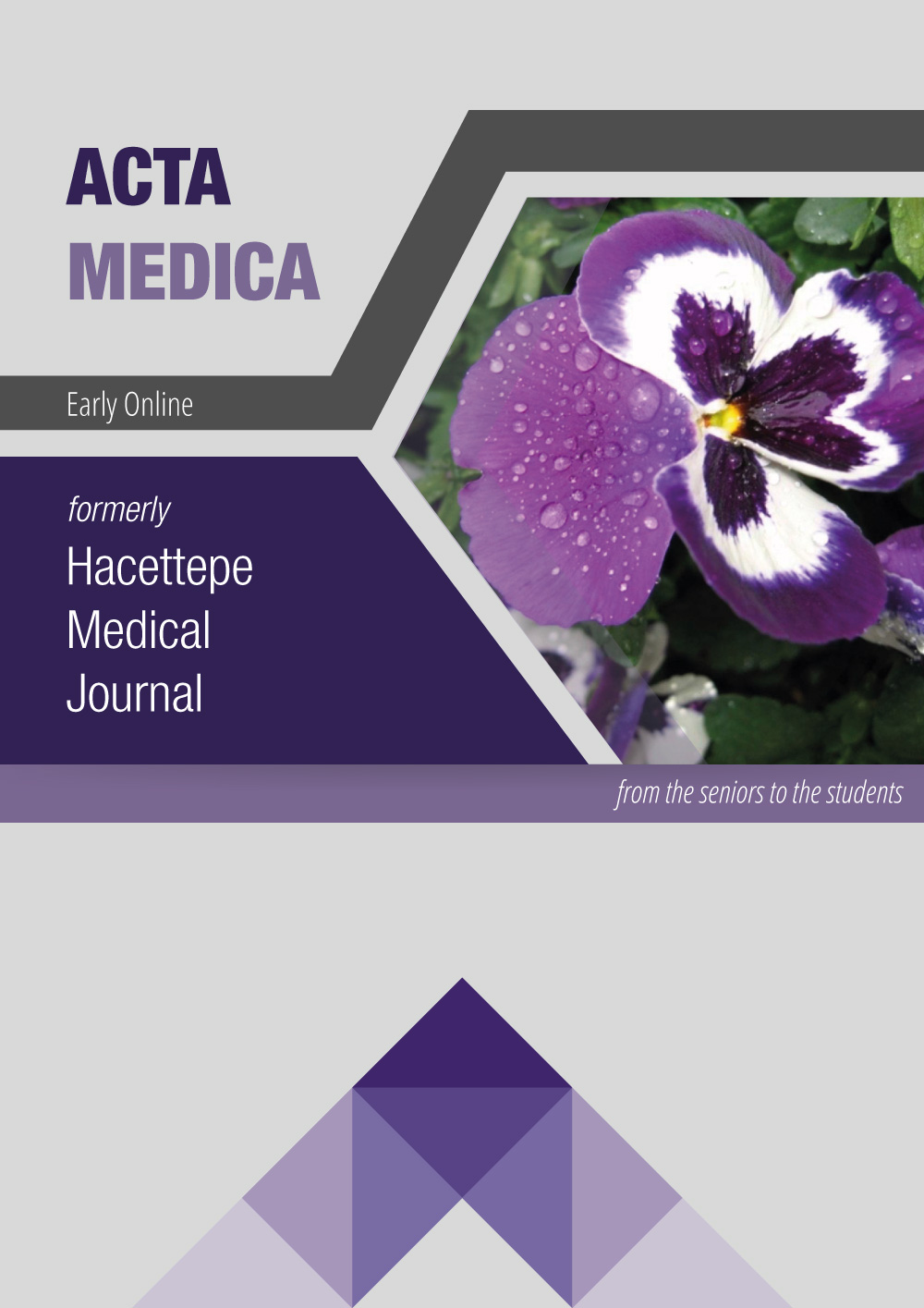Postoperative Delirium in Geriatric Patients
Abstract
Delirium is a major complication that is frequently seen among geriatric patients and occurs during the postoperative period. Delirium is an acute-onset syndrome that is characterized by mental symptoms accompanying instability and fluctuations in the state of consciousness. The current hypothesis regarding the mechanism of delirium is a combination of an increase in the dopaminergic activity and decrease in cholinergic and GABAergic activity. There are many risk factors for the development of postoperative delirium; age and pain are among the most important ones. Although meperidine is a strong analgesic, it is not recommended for postoperative pain management since it may cause delirium. When patients were investigated for anesthesia technique, no difference was reported between general and regional anesthesia in terms of delirium during the studies with elective operations. The best treatment of delirium is to take preventive precautions. A decrease of 6.1% was detected in absolute risk of delirium with preventive precautions among geriatric patients. The medication that should be chosen for hyperactive delirium is haloperidol. Delirium increases mortality and the length of hospital stay. Increasing the awareness of healthcare providers and the implementation of suitable treatment methods in this regard provides great benefits for patients as well as having economical advantages.
Key words: geriatric patient, postoperative delirium


